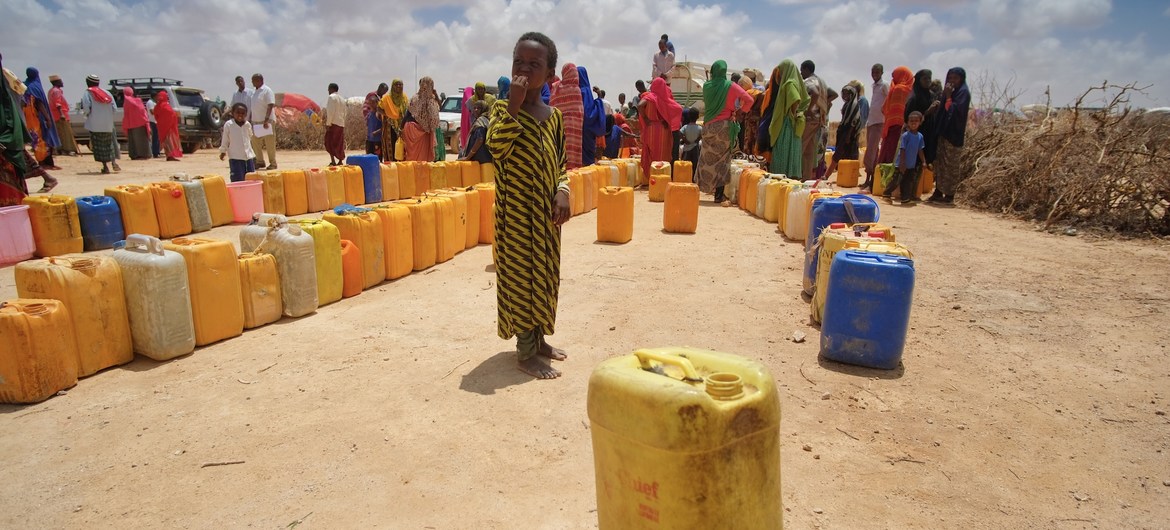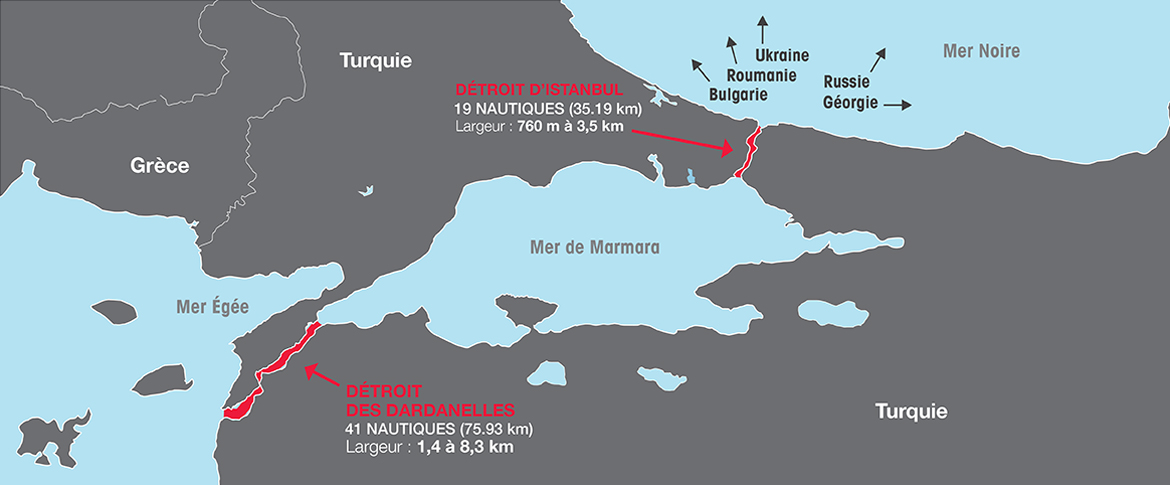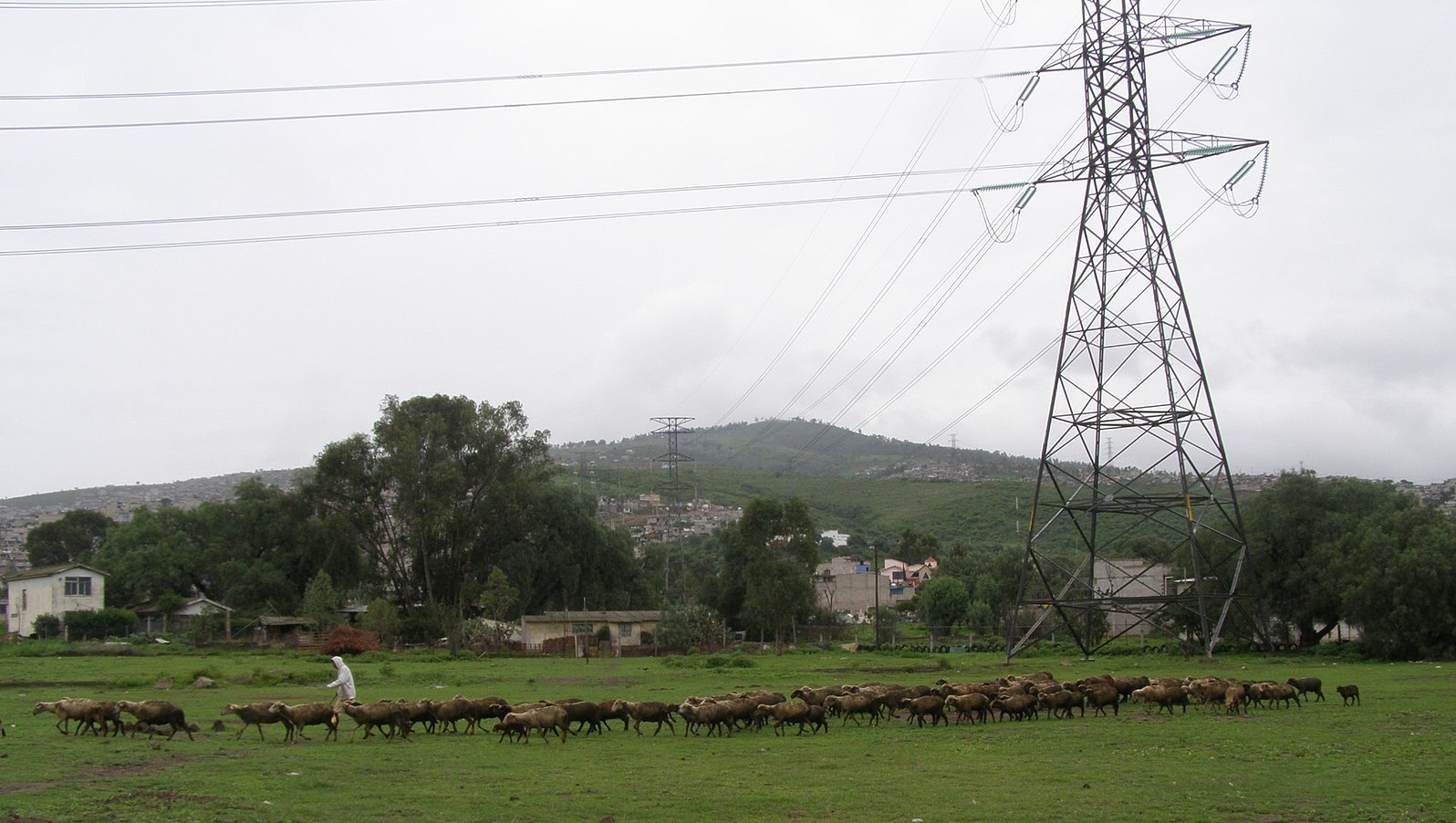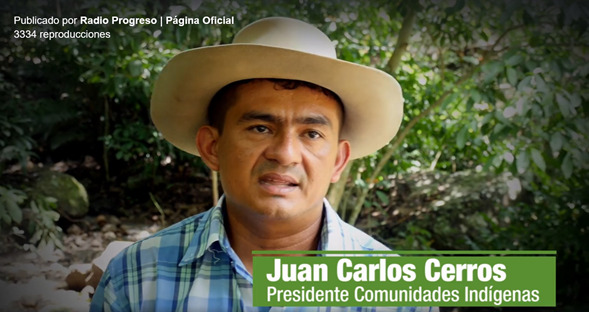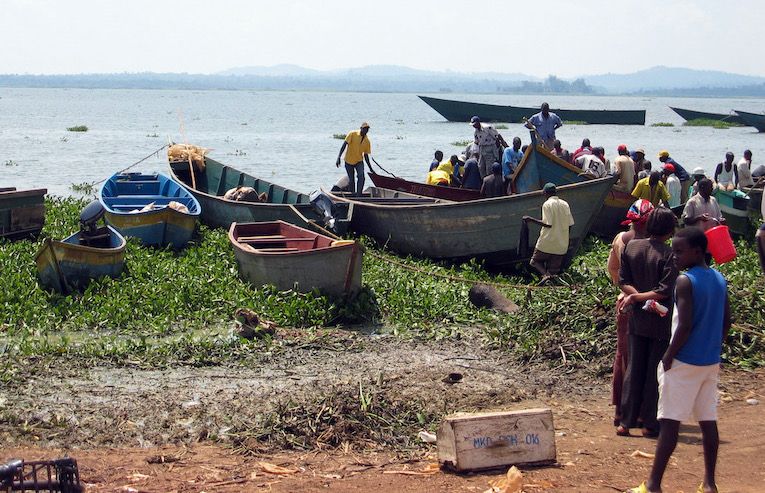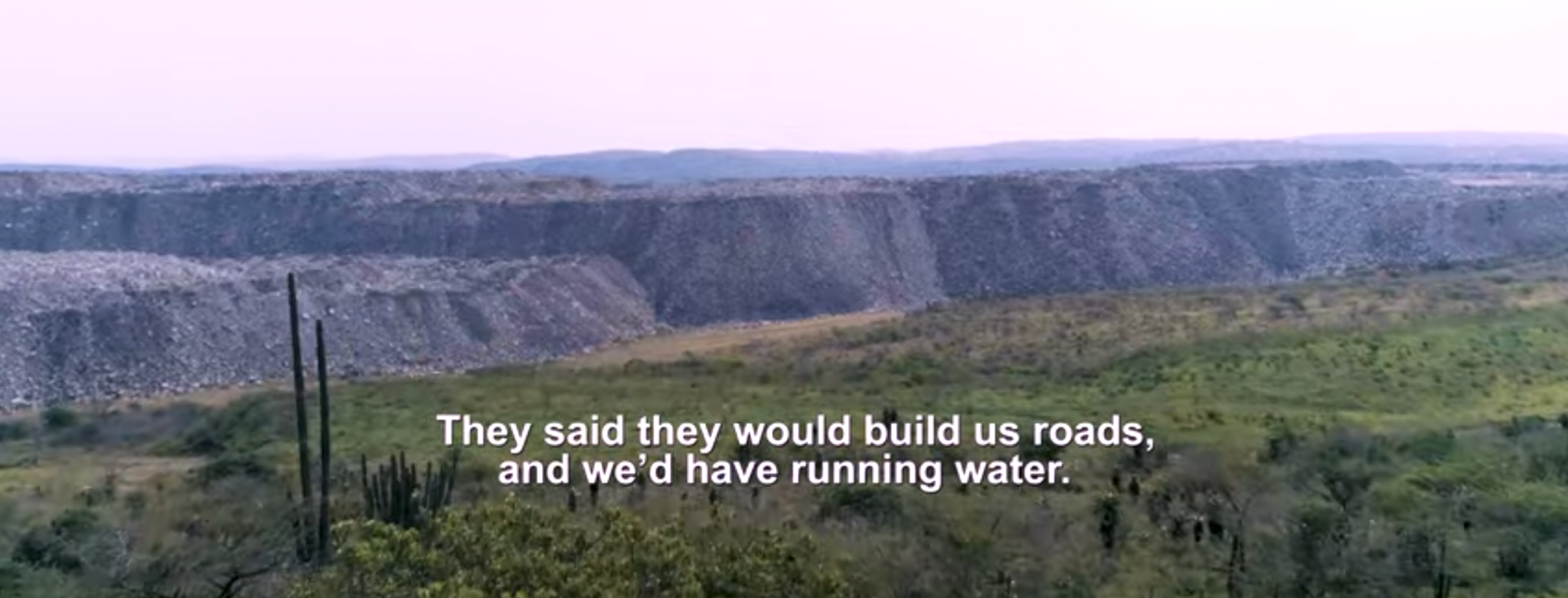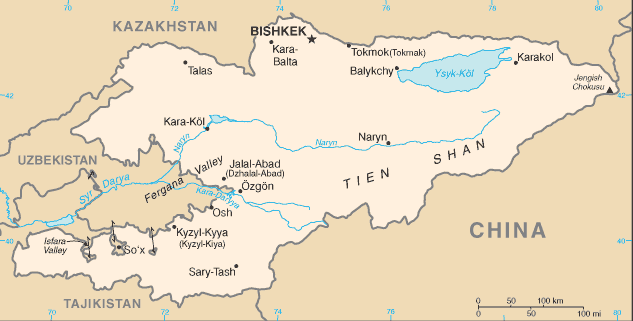
Kyrgyz-Tajik border clash over control of water
The armed forces of Kyrgyzstan and Tajikistan clashed at a disputed section of their border, leaving 30 dead and thousands displaced before a ceasefire was declared. The fighting broke out near the strategic Golovnoi water pumping facility, in the Tajik-controlled exclave of Vorukh. Kyrgyz protesters gathered on their side of the de facto border after Tajik authorities installed surveillance cameras at the facility. The two sides began hurling rocks across the line before military troops intervened. The Golovnoi facility pumps water from the Isfara River, a tributary of the Syr Darya, to irrigate agriculture in the area. It is in the Fergana Valley, a small fertile pocket in the arid Central Asia region. Soviet authorities drew the boundaries so that Kyrgyzstan, Tajikistan and Uzbekistan each got a portion of it. However, this meant intricate, twisting borders, and territorial disputes have arisen. Tajik authorities accuse Kyrgyzstan of seeking to seize the Vorukh exclave. (Map: Perry-Castañeda Library)



